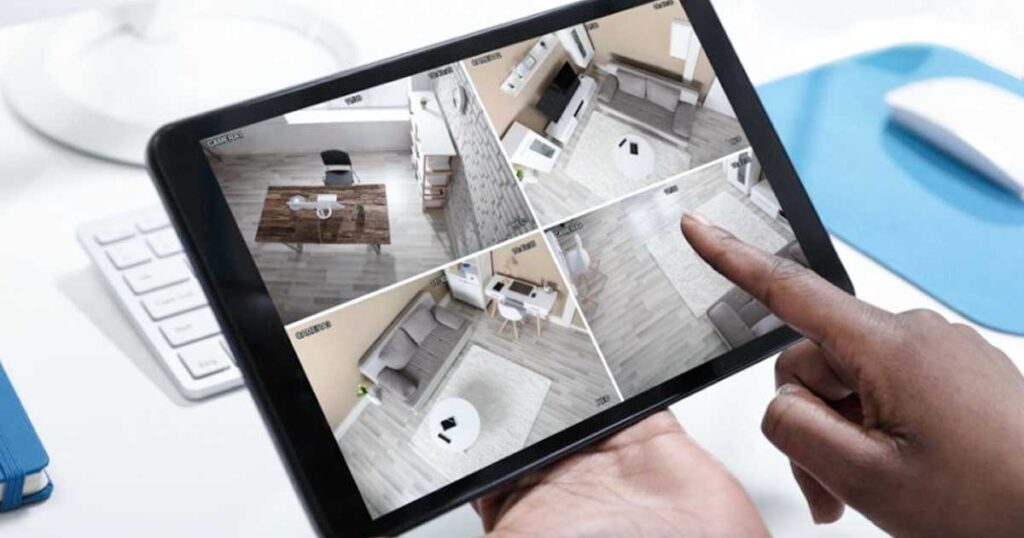Anti-malware and antivirus protection are a must, but with so many of us using new platforms like Zoom or online learning portals, it's important to add extra reinforcements.
Check the privacy settings of every device, app, software package, and platform you and your kids are using.
Safeguard your camera. Disable access to the camera as appropriate in specific apps, and cover it with tape or a sticker when not in use.
Update everything. Firmware and software updates are annoying, but they're the first line of defense. Most of them include security patches to new threats. Check all of your devices and programs to make sure the latest updates have been installed.
These are just a few measures that offer extra protection at this time. Find more tips in our complete guide to keeping your computer safe while working from home.







